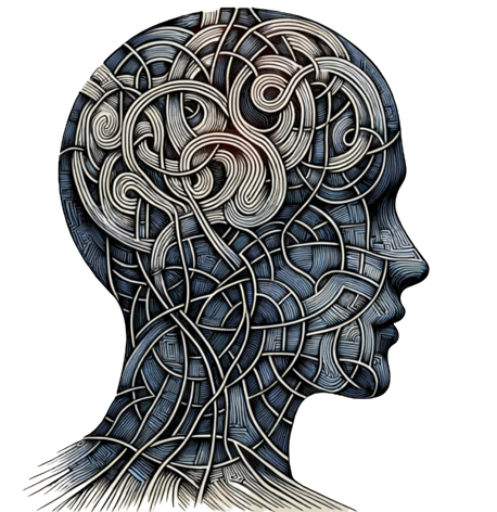Frequently Asked Questions

What is a freethinker?
A freethinker is one who is mentally free from the conventional bonds of tradition or dogma, and thinks independently.
(Collins English Dictionary, 14th ed.)

What is freethought?
Freethought, or freethinking, is an epistemological viewpoint which holds that beliefs should not be formed on the basis of authority, tradition, revelation, nor dogma, but by methods such as logic, reason, and empirical observation.
(Wikipedia, April 2024)

What is the history of freethought?
The term first appeared in the 17th century, and spread worldwide. In the 1880’s, freethinkers in France, Belgium, Spain, Sweden, and the United States adopted as their symbol the pansy, from the French word pensée (thought). Today, freethought organizations exist all over the globe.

Wikimedia Commons: “Pansy- Tombstone detail of a freethinker, late 19th century” (Cemetery of Cullera, Spain)

What are synonyms for freethinkers?
Freethinkers go by many names. This website is a way for us to find supportive communities.
Agnostic, Apostate, Atheist, Disbeliever, Doubter, Heathen, Heretic, Humanist, Infidel, Maverick, Nones, Nonbeliever, Nonconformist, Nonreligious, Nontheist, Nullifidian, Pagan, Payrim, Renegade, Rationalists, Secularist, Skeptic, Unbeliever
How can I add my group to this website?
If you’d like your group to be included on Colorado Freethinkers, please contact [email protected].
I want to support this website. Are there any volunteer opportunities?
This website is managed by people like you! If you have any amount of time and interest, we could use you on our team. Click here to see a list of volunteer opportunities. We look forward to hearing from you and any questions you may have. You can contact us at [email protected].

 “Freethinkers are those who are willing to use their minds without prejudice and without fearing to understand things that clash with their own customs, privileges, or beliefs. This state of mind is not common, but it is essential for right thinking…”
“Freethinkers are those who are willing to use their minds without prejudice and without fearing to understand things that clash with their own customs, privileges, or beliefs. This state of mind is not common, but it is essential for right thinking…”